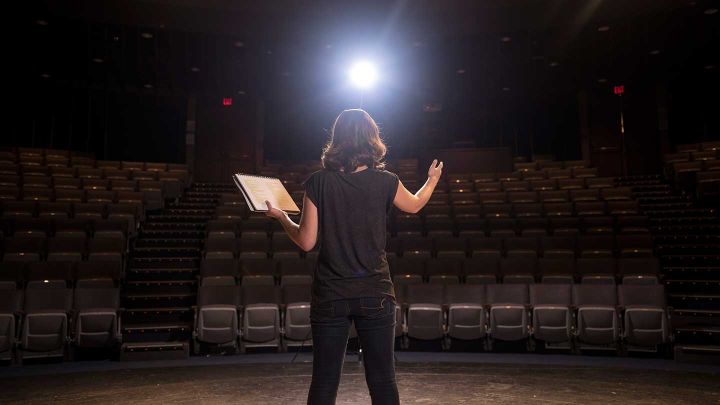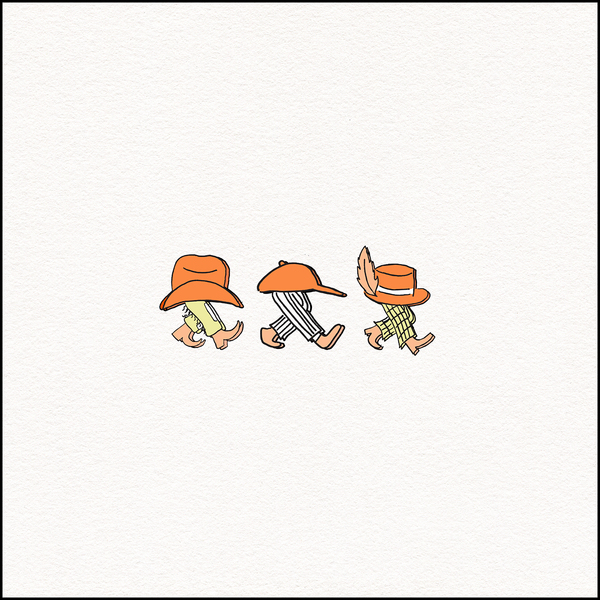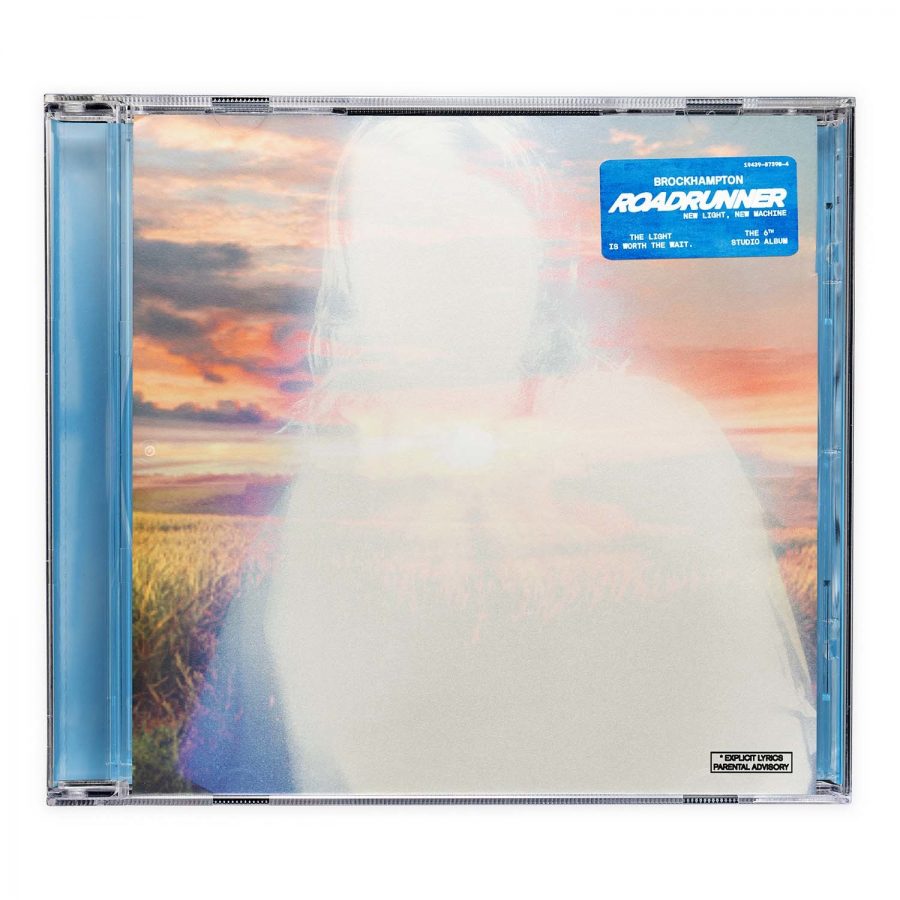Though mostly known as the prime modern jazz label since the 1940s, the venerable company Blue Note Records has assembled a formidable base of young talent. These newcomers, most prominently trumpeter Christian Scott, singer and producer Jose James and pianist Robert Glasper, have pioneered a new kind of fusion; their music is infused with hip-hop and funk rhythms and they tend to rework modern pop songs as well as jazz standards. Trumpeter Takuya Kuroda, whose first album, “Rising Son,” dropped in February, now takes his own place alongside these exciting acts.
A friend of Jose James at Manhattan’s New School for Jazz and Contemporary Music, Kuroda composed the singer’s horn arrangements on James’ “No Beginning No End,” and here James returns the favor by handling production. Where his previous work was more straight ahead, “Rising Son” finds him and his backing band exploring Afropop, funk and hip-hop. James has put Nate Smith’s drums forward in the mix to maximize the impact of the beats, and though this is unmistakably a jazz album, percussiveness makes it immediate and engaging in a way jazz tends not to be.
In the tradition of 1970s fusion, insanely tight grooves anchor the songs, allowing Kuroda to improvise freely without losing cohesion. The rhythm section — comprised of Smith, keyboardist Kris Bowers and bassist Solomon Dorsey — creates economical but forceful rhythms. On livelier tracks like “Afro Blues,” which features guitarist Lionel Loueke, the band builds unstoppable momentum. When they slacken the tension, however, a certain sensitivity emerges in their group interaction.
One of the more laid back tracks, “Everyone Loves the Sunshine,” sees Jose James stepping out from the booth and behind the mic. It is an optimistic and pastoral text, and the band conjures a sensual mood around it. The atmosphere, which had been more festive, takes on a blue, somber light. In other words, it could have fit perfectly on “No Beginning No End.” James employs his unmistakable voice on the track to great effect, keeping his intonation alluring without ever seeming maudlin or strained. This nine minute piece of romantic contemplation is a standout, and the best place to start for those who want to stream the highlights.
Kuroda himself, naturally, occupies the center of attention. The opening song, “Rising Son,” lets his first notes count, rising out of the groove like a clarion. After establishing the theme, Kuroda quickly shifts to improvising, where his true strength lies. Never keen to show off, his departures feel natural and nimble. While he can breeze through complex phrasing with the best, he often uses his instrument to create pleasing textures rather than spectacular solos. James helps by wrapping the horns with a subtle, otherworldly effect. On “Mala,” a sober mood piece that also shows Kris Bowers at his most skillful, he demonstrates his sense for creating melodies. Midway through the track, he unleashes the solo, electrifying the song before handing it off to Bowers for his own piano excursion. The use of hip-hop influences has not dampened the improvisatory intensity of the music one bit, but instead enlivened it.
“Rising Son” is an almost unqualified success for the Japan-born trumpeter. Not only is it a showcase of his improvisational and compositional talents — if those can be so neatly separated — but it adds yet another brilliant young musician into the Blue Note fold. Kuroda will be one to watch from here on out.












